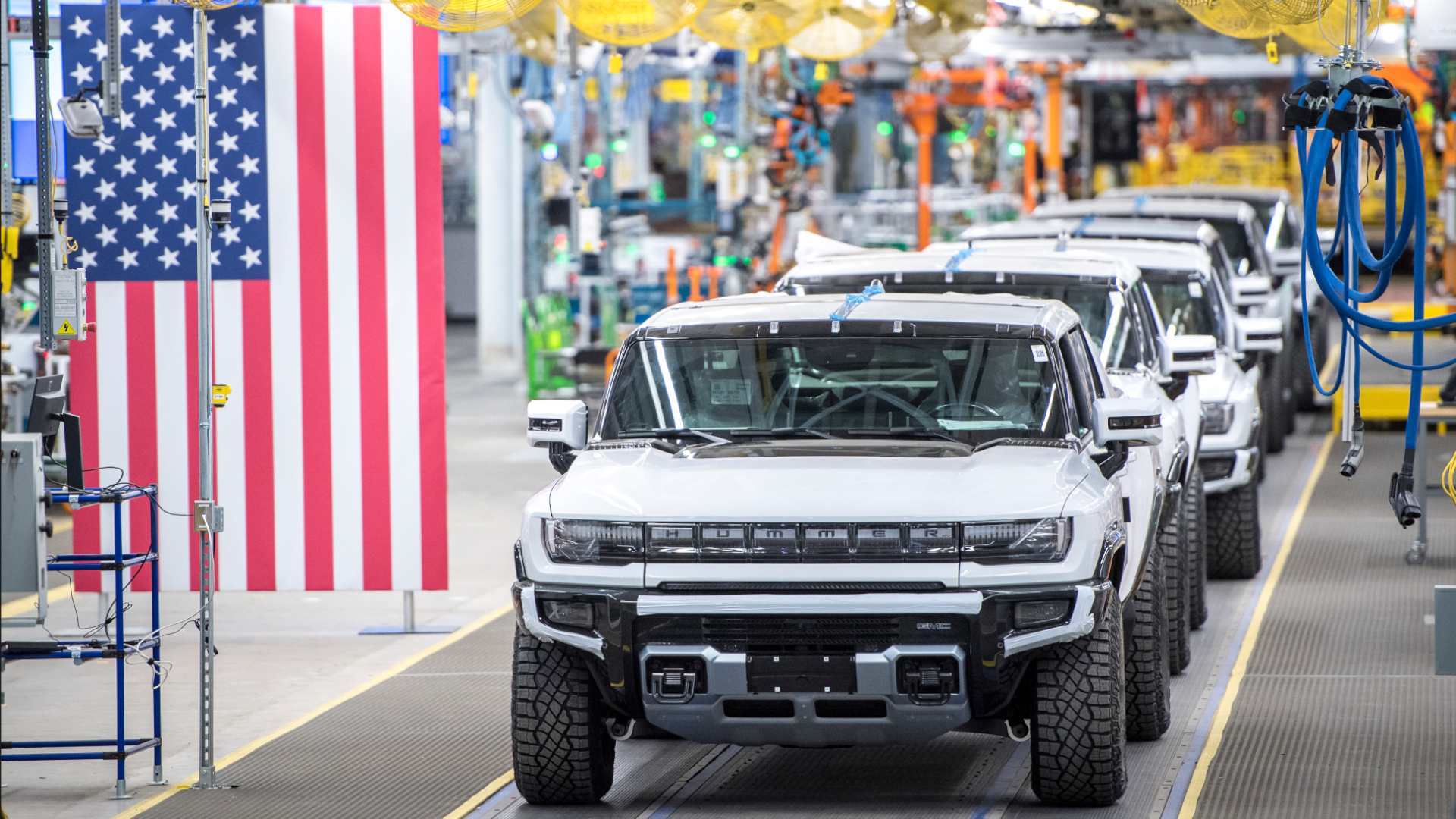

As EVs have taken the long road to the mainstream, there has been much handwringing about their reliability and environmental credentials. The longevity of battery packs has been a peak talking point due to their degradation over time. The EPA is now contemplating requiring automakers to warranty their battery packs for minimum performance over time, just like they do with emissions equipment.
The news comes from a new proposed rule from the EPA that would phase in over model years from 2027 to 2032. The federal regulator has recognized that batteries in hybrid vehicles and EVs must be durable to control overall consumption for the life of any car. Electric vehicles may not emit any pollution out on the road, but battery manufacturing can be a significant source of pollution. Thus, automotive traction batteries must be as durable as possible. It comes amid a broader move from the EPA to push automakers toward lowering emissions and building EVs.

To manage the issue, the EPA proposes plug-in hybrid and EV batteries to be included under existing federal warranty regulations for emissions equipment. Federal law currently states that catalytic converters and ECUs, and other emissions hardware must be covered under warranty for eight years, or 80,000 miles. The EPA has proposed a minimum performance requirement for light-duty EV and plug-in hybrid batteries. Batteries must retain at least 80% of their original usable energy at five years or 62,000 miles. This would extend to a minimum of 70% at eight years or 100,000 miles.
Naturally, a testing regime would be required to ensure manufacturers comply with battery durability requirements. The EPA has proposed using a modified version of the Multi-Cycle Test procedure that it currently uses to assess EV range. Vehicles would be tested several times during their useful life. Manufacturers would also be required to fit battery state-of-health monitors to their vehicles. The monitor would report the current usable battery energy as a percentage of the total energy available when the vehicle was new. Real-world dynamometer test data would be compared against the vehicle’s battery health monitor to ensure accuracy.
Notably, heavy-duty electric vehicles would not be subject to the minimum performance requirements due to the lack of available data for those vehicles. They would still be required to feature battery monitors so the EPA can collect data to amend its requirements in the future. Manufacturers will also be required to report the usable battery energy of new heavy-duty electric and hybrid vehicles going forward.

The EPA isn’t the first to contemplate such an idea. The California Air Resources Board has already contemplated a battery degradation limit of 80% capacity remaining after 15 years or 150,000 miles.
Meanwhile, automakers have offered their own warranties. Tesla backs its batteries for 8 years and up to 150,000 miles depending on the model, while Hyundai pledges a 10-year warranty up to 100,000 miles. GM, too, is in on the action, offering a 100,000-mile warranty on the Hummer EV, while Ford offers coverage for 8 years or 100,000 miles on hybrid and battery EV components.
Ensuring automakers build batteries that last is a good policy. Dying batteries haven’t become the peril of EVs as some pundits had promised, but it’s still good to ensure that automakers meet minimum standards. It should ensure junkyards and landfills aren’t overwhelmed with poorly-manufactured batteries from the EV fleet of the future.
Got a tip? Let the author know: lewin@thedrive.com